When purchasing clothes, the consumer chooses beautiful and comfortable models that are easy to care for. Some people prefer natural fabrics. But do not forget that artificial materials often surpass them in their characteristics. Polyester is especially popular today. This synthetic fabric is made from polyester fibers, which are obtained from petroleum refining.
Features of polyester with many faces
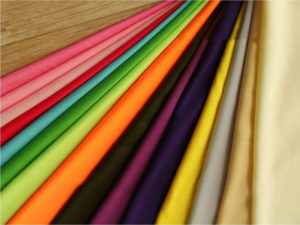
Artificial material is used in light industry; a variety of outfits are sewn from it. To the touch it can be similar to wool, cotton, etc. The desired structure is achieved by a certain production method, the presence of special fibers in the product.
Polyester has pros and cons that must be considered when purchasing products made from it. The material is used in the production of soft toys, various clothes, insulation, and bed linen.Such products are not allowed to be washed in water whose temperature is above 40°C; they may become deformed.
To give various fabrics strength, polyester is added to the composition. Thanks to this, they become wear-resistant, do not lose color, and their cost is reduced. Do not bleach artificial fabric. When washing, it is better to add an antistatic agent to the water so that the dress or blouse does not stick to the body.
pros
Products made from this material are easy to care for. They are machine washable, dry quickly and do not require ironing. Bright colors do not fade in the sun, clothes do not lose their original appearance for a long time. Wardrobe items look as if they were made from natural fabrics.
Advantages of the material:
- strength;
- wear resistance;
- ease;
- does not deform when worn;
- heat resistance;
- does not absorb moisture;
- resistance to pollution.
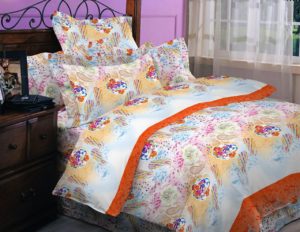 At high temperatures, wrinkles can form that are almost impossible to smooth out. Modern designers use this property to create unique collections. During production, folds and clips are made that, even after numerous washes, do not change their shape.
At high temperatures, wrinkles can form that are almost impossible to smooth out. Modern designers use this property to create unique collections. During production, folds and clips are made that, even after numerous washes, do not change their shape.
Outfits made from polyester wrinkle less and are cheaper than their natural counterparts. This material is used in sewing workwear. He is not afraid of the effects of acids and solvents. Jackets made from it have the ability to repel water, they are indispensable when it rains or snows outside. Polyester retains heat well and is used to make sportswear. It is not inferior to natural fabrics in quality, and surpasses them in many respects.
Flaws
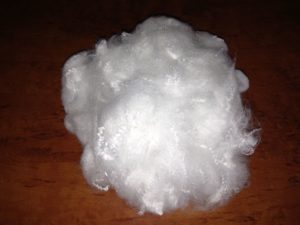 In hot weather, wearing such clothes may be uncomfortable. This is due to the fact that the material has a high density.It is better to look for models with a synthetic content of up to 50%. To feel good in polyester products, choose sleeveless, loose-fitting options. Harmfulness the material has not been proven, but you shouldn’t wear such clothes around the clock.
In hot weather, wearing such clothes may be uncomfortable. This is due to the fact that the material has a high density.It is better to look for models with a synthetic content of up to 50%. To feel good in polyester products, choose sleeveless, loose-fitting options. Harmfulness the material has not been proven, but you shouldn’t wear such clothes around the clock.
Flaws:
- The fabric does not allow air to pass through well, so the sweating process may be disrupted.
- rigidity of products.
- cannot be painted.
An outfit made from this material has one unpleasant property. It accumulates static electricity. This leads to the fact that the fabric sticks to the human body - the clothes must first be treated with an antistatic agent. Some people may have allergies, in which case such things should be avoided.
An outfit made from this fabric is simply irreplaceable in the wardrobe of a modern person. It has many more advantages than disadvantages. Such products are in great demand.
About polyester clothing
Today, modern things are replete with an assortment of natural and synthetic fabrics. Clothing made of microfiber, viscose, acrylic, familiar to many, fell in love and gained trust.
The unique features of the material give the appearance of the finished product practicality and versatility. The properties of strength, durability and wrinkle resistance make it in demand for sewing outerwear, sports and formal suits, knitwear, textiles and household items.
Polyester is an artificial fabric made from polyester threads. Polystyrene, released during oil and gas processing, is the basis of the fibers. The use of complex chemical reactions does not stop manufacturers. And after completing the technological processes we get: a smooth outer side of the fabric, reminiscent of wool or silk, with tactile sensations of soft structure.
The products are comfortable and pleasant to the touch, wear well and do not require much effort in use. Multiple composite compositions of polyester and other fibers present new fabrics of different appearance and quality. You should not avoid choosing clothes containing synthetics. In this article we will tell you what the pros and cons of polyester outfits are.
The characteristics of artificial materials are an excellent complement to natural ones. Compliance with the care instructions for products indicated on the label will ensure their longevity. In light industry, polyester fabrics are the most popular, among other synthetic analogues.
Pros of clothing
They have the following advantages:
- strength and wear resistance;
- resistance to fading and chemical attack;
- presence of water-repellent characteristics. The products are not afraid of rain or snow;
- optimal price-quality ratio;
- long service life;
- ease of care. Easy to wash, does not wrinkle, keeps its shape well after washing;
- the products are light, with a pleasant texture and hypoallergenic;
- do not allow air to pass through, retain heat well;
- weak antistatic effect;
- A wide variety of different types of fabrics are made from polyester;
- resistant to mold, moths;
- the production of synthetic materials is regulated by GOST.
Due to its unique features, polyester is in demand in everyone in many areas of life. The name polyester can be found on the labels of casual, outerwear, workwear, and tracksuits. Spectacular and warm jackets and fashionable coats are given to us by models made of polyester fabrics. Sports sets combine the characteristics of comfort, warmth and aesthetic appearance.Workwear impregnated with special bases will be resistant to chemical and thermal influences.
Polyester sweater
The addition of synthetic thread gives a premium look to shirts, trousers, dresses and underwear. The softness and convenience in everyday life have long been appreciated by zealous housewives, using bedding sets, bedspreads and pajamas. Sweaters, jumpers, pullovers, turtlenecks are presentable examples of high-quality knitwear.
Customer demand has long noted the lining base as the most comfortable and durable, and the insulation as the warmest and lightest. The children's world is in constant friendship with such fabrics. Using them to sew fun, beautiful and safe toys. Polyester is indispensable in travel equipment: durable and waterproof tents and sleeping bags are very valuable for a good trip. Synthetic textures accompany us even among everyday accessories and small things: umbrellas, gloves, curtains, ties, haberdashery.
When caring for clothes, it is useful to take note:
- Products should be washed in a delicate cycle, not exceeding 40;
- do not use bleaching agents;
- dry on a horizontal surface;
- products do not need ironing.
Are there any weaknesses?
When synthetic fabrics are heated strongly, their shape may change. This can be attributed to both disadvantages and advantages. When designing clothing models, folds and flounces are sometimes needed, which are obtained by applying a higher temperature to a certain part, thereby fixing the plan.
There are different types of synthetics. Of course, being 100% present is not an acceptable option.But there are many compositions worthy of attention: lace, elastane, suplex, microfiber, fleece, stretch polyester, micro-oil, nylon, Oxford, twill and other varieties will satisfy the most fastidious.
Main disadvantages
 The negative qualities of polyester fibers include:
The negative qualities of polyester fibers include:
- Do not use bleach or high temperature washing. Synthetic materials are susceptible to degradation;
- density; wearing such products in hot weather will be uncomfortable;
- things can accumulate static electricity and be attracted to the body. The use of conditioners after washing and special products will reduce this defect to a minimum.
Modern technologies make synthetics absolutely safe. And today you shouldn’t be afraid of unnaturalness in clothes. The use of such fibers for insulation: polyfiber, Thinsulate, makes winter clothing universal: light and incredibly warm.
Jackets and coats have a very attractive appearance and protection from severe frosts. Synthetics and polyester have long ceased to be outcasts, but have become respected and revered guests in every wardrobe.



 0
0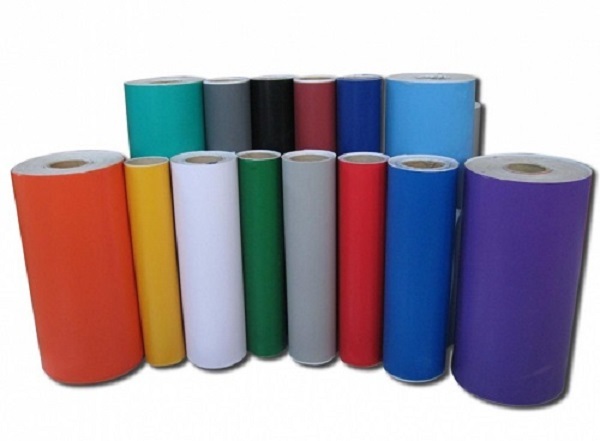

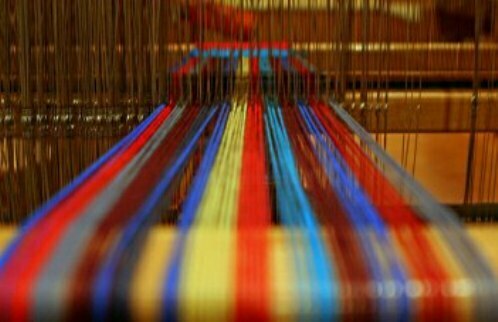

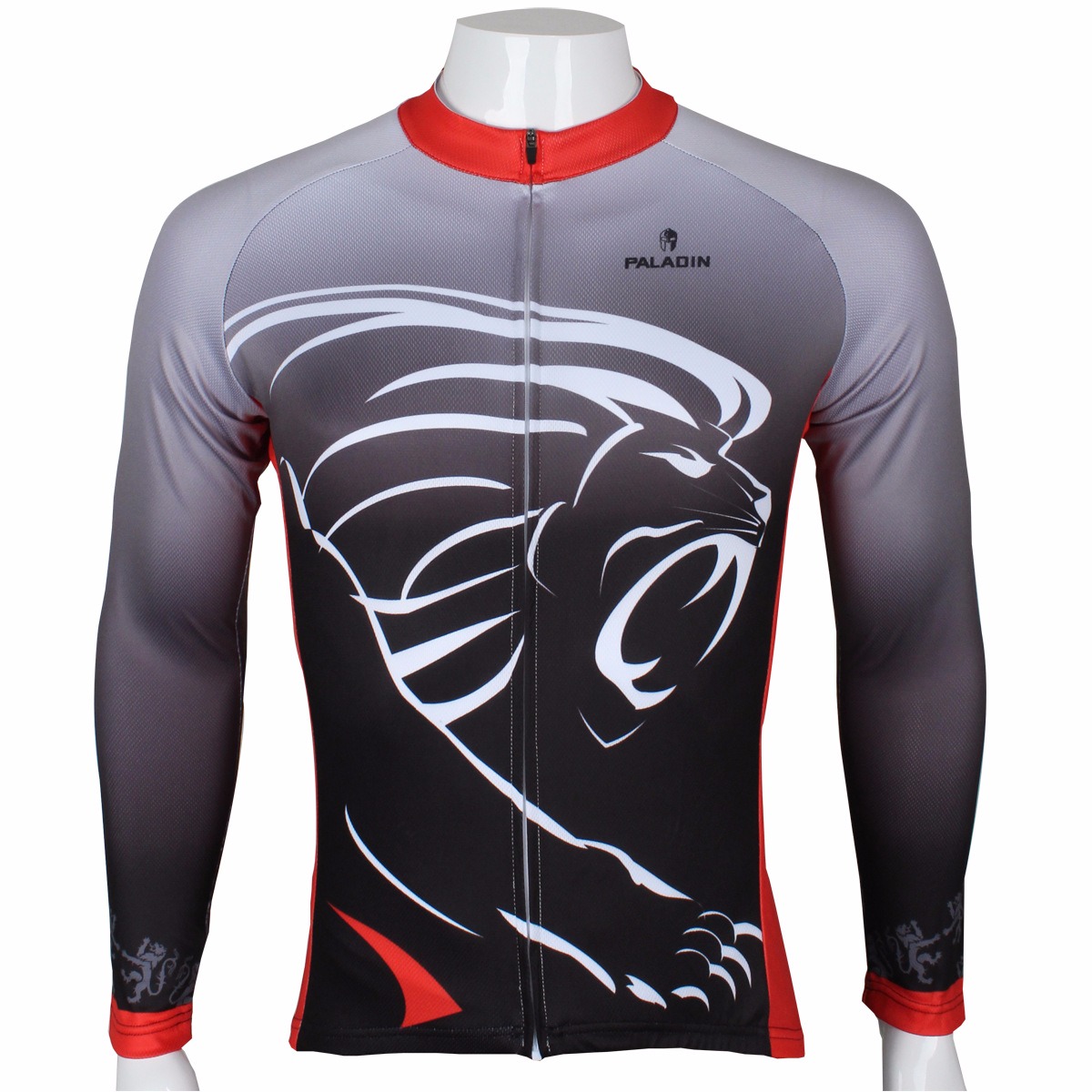
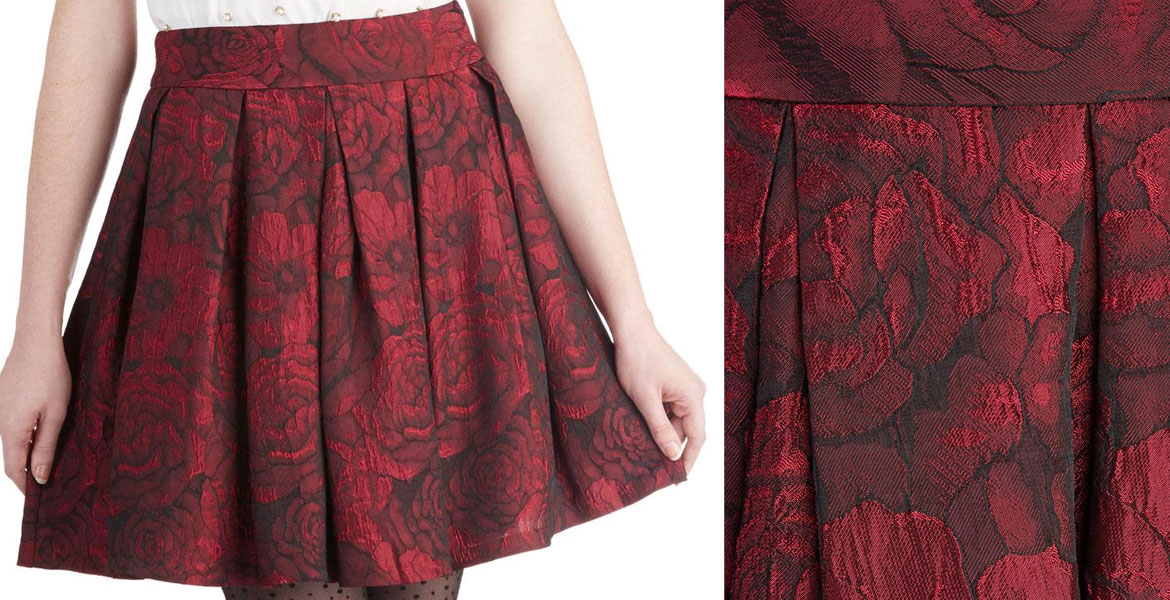

I have a jacket and two polyester sweaters. Personally, I didn’t have any problems with this material.The jacket is very light, when you wear it in the winter, you practically don’t feel it on you. In addition, it warms very well. I have washed the sweaters in the machine more than once, they do not wrinkle or lose their shape. The main thing in washing is not to use bleach and everything will be fine.
And I don't like this material. My winter jacket has a polyester lining, so I sweat in it. Walking damp in the cold season is another reason to catch a cold. In the damp summer, walking around in polyester is also not much fun. So there is nothing good about polyester. Sewing clothes for dolls is suitable - they don’t sweat. For living people, natural materials are still better.
Guys, I bought a polyester jacket and I really regret it, it’s -20 outside - you walk and sweat because the jacket doesn’t allow air to pass through at all, that is, it doesn’t breathe. The color, of course, is bright and beautiful, but there is nothing else on the plus side.